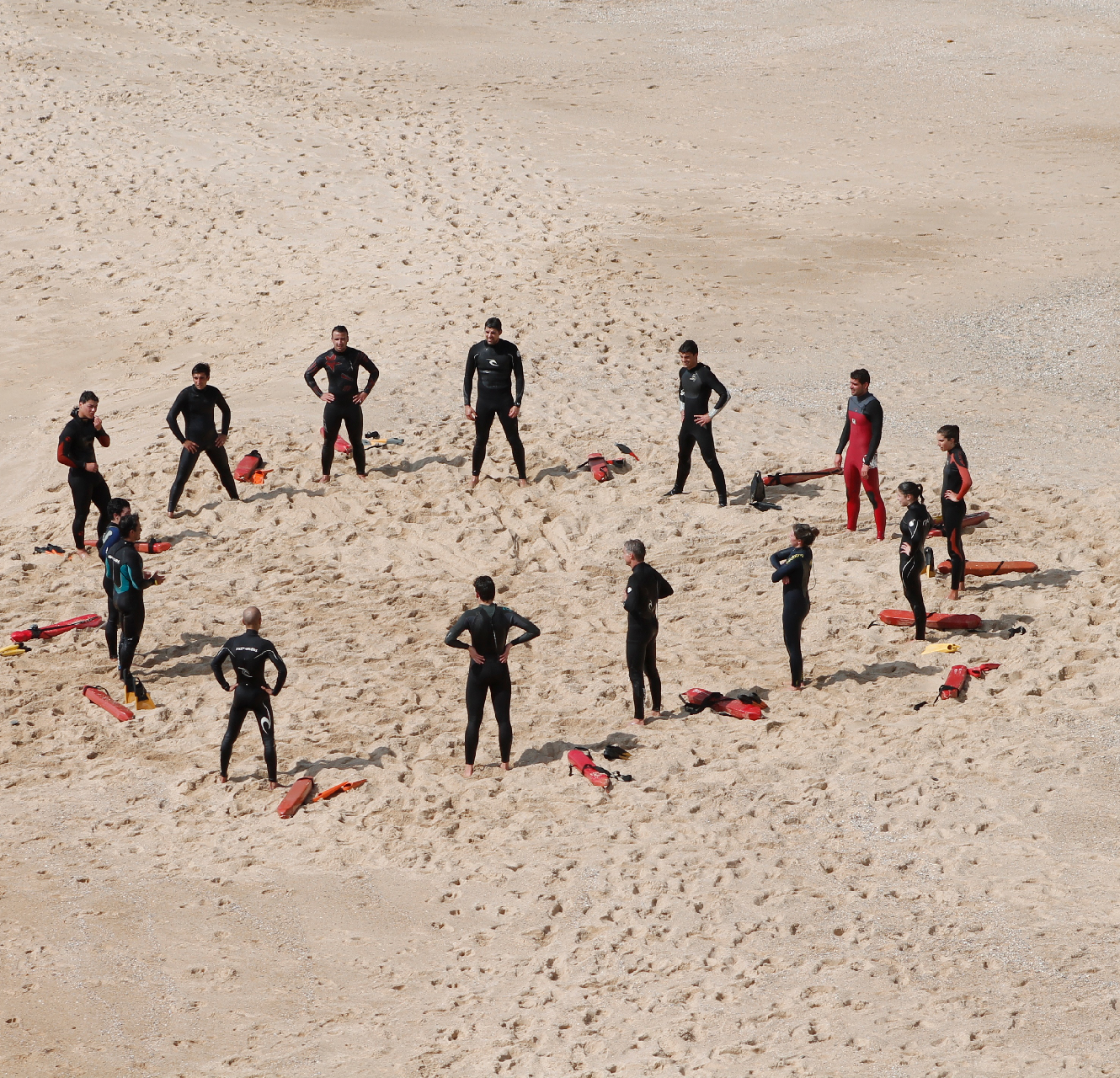
What is the leadership paradox?
The leadership paradox states that leaders want the best version of people, and people are afraid of bringing forth their best version. Unfortunately, we live in a world that has taught us that if we are accessible, we are vulnerable. And if we are vulnerable, we expose ourselves to the risk of being hurt (the law of the strongest). So why be accessible? However, evolution (the same evolution that Charles Darwin talked about) provides an organising principle that links ANS with social behaviour and sociability as a source of health. Life becomes a relentless quest to feel safe (safe from losing one's job, safe from damaging relationships, safe from eroding one's brand). But if I am in an environment where I cannot be myself, I will adapt to survive without giving up the quest for feeling safe.

What does the "best version" of people mean?
• People who FEEL BETTER: FEEL MORE CONFIDENT, CALM, GROUNDED AND RESILIENT. They feel less irritable, anxious and overwhelmed.
• People who THINK BETTER: THINK MORE CAREFULLY, LOGICALLY AND CREATIVELY. They think less rigidly, distractedly and disorganised.
• People who CONNECT BETTER CONNECT MORE OPENLY, GENUINE AND GLOBAL: they connect less cautiously, distantly and oppositely.

Is survival of the fittest then a good theory?
First introduced by Herbert Spencer in 1851 and used by Charles Darwin in 1859, it has frequently been interpreted as the fittest and most aggressive in controlling resources. However, in the mid-20th century, Russian Theodosius Dobzhansky said, “The fittest may also be the gentlest because survival requires mutual help and cooperation.
Our survival requires a shift in paradigm and embracing a WE mindset that prompts compassion, benevolence, and generosity.

What happens when the rate of change surpasses our ability to adapt?
Fear and anxiety set in, and with it, the myriad maladies that plague modern society. This collective condition was named “neurasthenia” in the early 1800s. Neurasthenia is a systemic ailment of the nervous system under pressure to adapt, even though the adaptation may be counter to one's mindset. There is a Darwinian imperative to adapt or perish. The question is, which path to choose? Posts Stephen Elliott.

Culture as a critical strategy to embrace a WE mentality.
In 2018, Coyle defined culture as:” a set of living relationships working toward a shared goal”. High-quality relationships arise from safety; that is, being accessible, vulnerable and connected to other human beings,
the environment, and Spirit. On the other hand, Low-safety cultures drive people to conform, contort, comply, critique, and stagnate.
Executives should spend their time improving themselves rather than proving themselves.

Between stimulus and response lies our freedom. And that freedom is found in our body.
A person's perception of a situation (safety, danger or threat) triggers a physiological response. This physiological response triggers an emotion, essentially a biochemical cocktail in the body. When a person consciously experiences this emotion (feeling), it can initiate a specific behaviour, such as a defensive action or social engagement. Later, the person may come up with a story to explain their behaviour. Therefore, the autonomic state of your nervous system is the intervening variable that can make you flourish or perish. It is said that the autonomic nervous state precedes the story.

Manage your energy and focus, not your time.
A stealthy leader has a purpose and a social life, exercises regularly, nourishes well, and sleeps even better.
High energy allows leaders to:
a. detect and filter environmental threats,
b. modify the environment,
c. create, maintain, and sustain cultures and climates that favour performance and learning, and
d. align employees to work together and accomplish the mission. Healthy individuals find it easy to focus on what matters, whereas fatigued leaders are easily distracted.